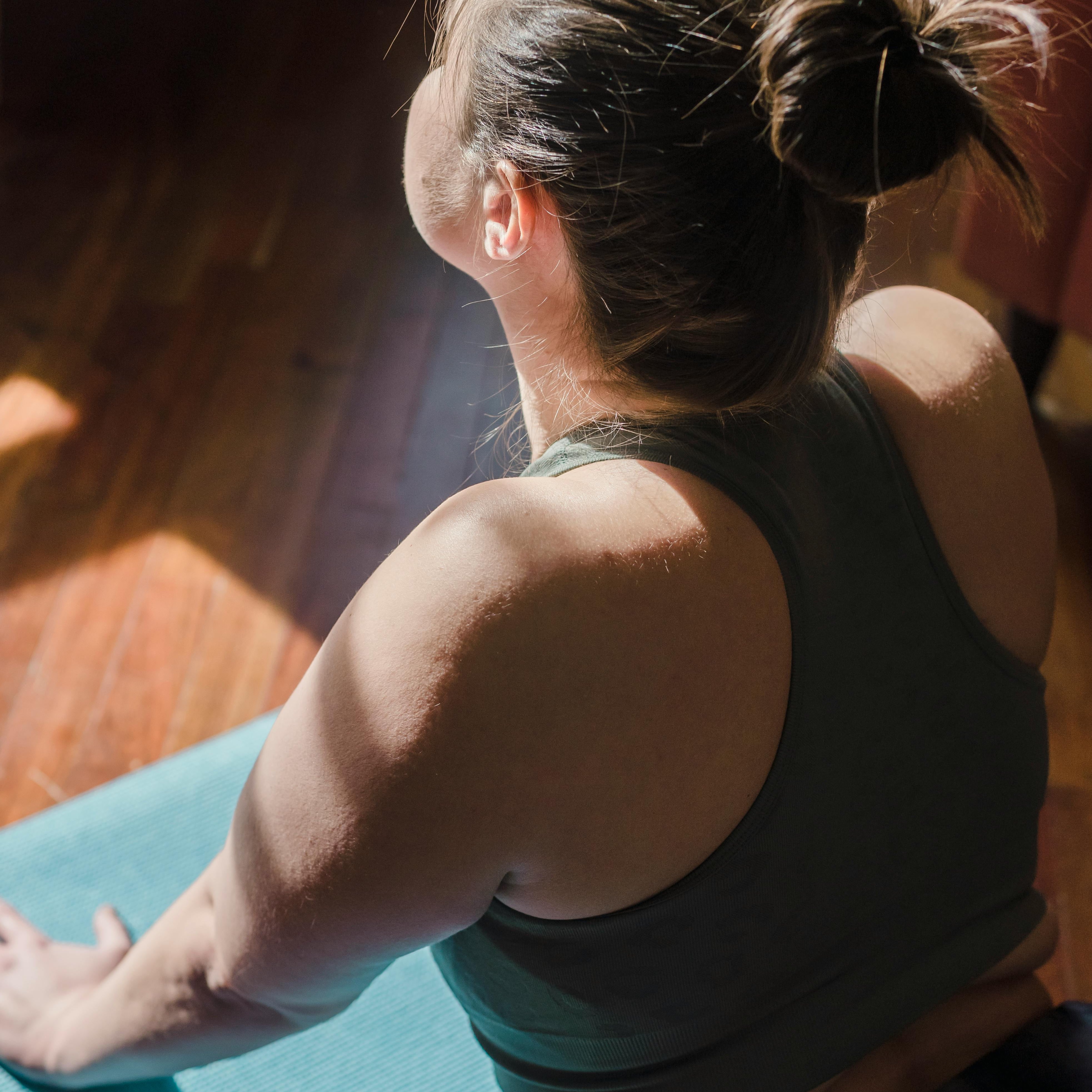
Commonly treated pain conditions
- Low back pain
- Neck pain
- CRPS
- Fibromyalgia
- Phantom Limb Pain
- Shoulder pain
- Knee pain
- Rheumatoid Arthritis
- Osteoarthritis
- Neuropathic leg pain
- Neuropathic arm pain

Our physiotherapists will thoroughly assess each individual’s pain condition, including social and psychological factors that may contribute to persistent pain.
They will help individuals understand their pain and develop a treatment plan to promote greater physical activity and improved quality of life.
We advocate for active pain management over passive modalities.
While passive treatments such as manual therapy may provide short-term relief, they can create dependence on the therapist with minimal improvement in function and overall quality of life. In contrast, our approach promotes self-empowerment and greater pain self-efficacy, helping individuals feel in control of their pain and able to engage in meaningful and daily activities.
Active engagement from individuals is crucial for achieving optimal outcomes, with our physiotherapists guiding them throughout the process.
Understanding that persistent pain often stems from changes in the nervous system rather than ongoing structural damage can reduce fear and anxiety. This knowledge empowers individuals to manage their pain more effectively and re-engage in activities they may have avoided due to fear of exacerbating their condition.
Individualised exercise programs improve physical function, strength, motor control, balance, and flexibility. Regular exercise with gradual progression helps desensitise pain pathways, reduce muscle tension, improve mood and overall well-being, and build confidence in physical activities.
GMI involves cognitive and motor tasks to retrain the brain’s perception of pain and movement. It includes laterality training (identifying left or right body parts), motor imagery (visualising movements), and mirror therapy (using a mirror to create a visual illusion of movement).
Planning periods of activity with frequent rests and gradually increasing activity levels helps avoid overexertion and subsequent flare-ups of pain. This creates a sustainable approach to daily activities and reduces the cycle of boom-and-bust that often characterises persistent pain management.
Gradual exposure to painful or uncomfortable stimuli in a controlled manner helps reduce heightened sensitivity of pain pathways and normalise pain responses.
Techniques such as deep breathing, progressive muscle relaxation, and guided imagery help reduce stress responses, muscle tension, and the bothersomeness of pain, while improving sleep and enhancing overall quality of life.





Chronic persistent pain can be multifaceted, affecting your physical health, well-being, sleep, mental state, work, finances, relationships, social life, and daily routines. Discover how Advanced Spine & Pain Rehab can help you.